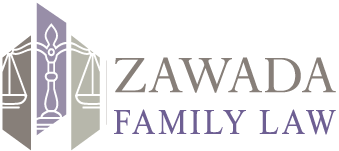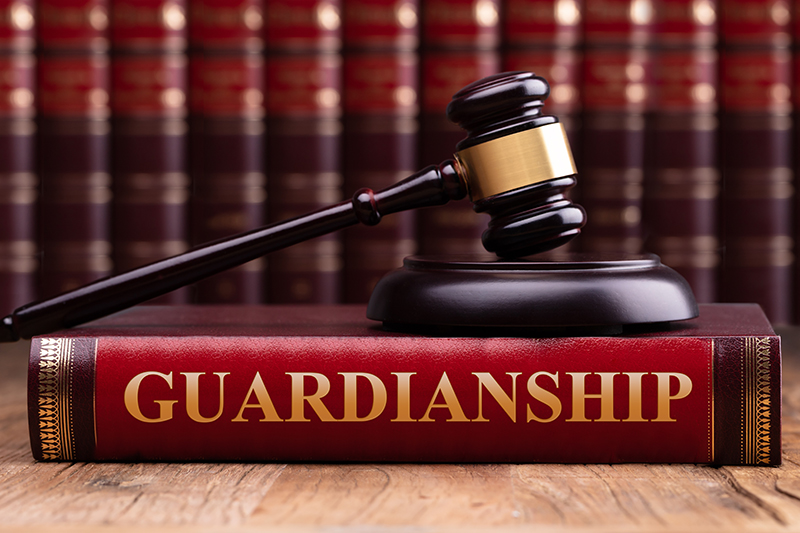As you’re probably well aware, guardianship issues can be complicated. Acquiring legal guardianship tends to be an incredibly overwhelming and time-consuming process. That is exactly why you need to hire an experienced family law attorney who has experience with guardianship cases. Your family law attorney will not only represent your best interests and ultimately the best interests of the adult or child, but will also guide you through the entire process each and every step of the way.
Having a lawyer by your side will go a long way in ensuring that your rights are fully protected. It will also go a long way in reducing the toll that the process may take on you. Deciding upon whether or not an individual needs a guardian in the first place can be an extremely difficult process. The process differs depending on whether the guardianship is over a minor child or an incapacitated adult. However, in both types of guardianships, guardianships will be granted only if a judge has been provided with satisfactory evidence of the following. In the case of a minor, the parent(s) of the child have to be unavailable or unable to care for the child. In the case of an adult, the individual has a clinically diagnosed condition that leaves him or her unable to make or even communicate decisions that directly affect his or her safety, self-care, or physical health.
As a guardian of either an adult or minor, it is important to understand your responsibilities. Your responsibilities may differ depending on the type of guardianship. For example, under a limited guardianship of an incapacitated adult, the guardian can make some decisions on behalf of the individual but the individual retains the ability to make decisions in other areas. For a minor child, your responsibilities might include making decisions relative to education or medical care for the child. The bottom line is that the guardian will have the authority to make both personal and legal decisions on behalf of the child or incapacitated adult.
There are two types of guardianships; temporary and permanent. A temporary guardianship lasts for 90 days and requires a court hearing every 90 days to determine whether to end or extend the guardianship. A permanent guardianship has no time limit except for guardianship of a minor which will end when the child turns 18. It’s important to consider whether you have the capability to commit to being a guardian for the years ahead. If you are elderly or have health issues, you may decide to elect someone else as a guardian to ensure the best interests of the child or incapacitated adult for the long term. If you do not feel that you’re up to the task then it makes sense to choose another individual that you fully trust to do the job. For example, another relative, or a close friend may be the best guardian for the child or incapacitated adult. When all is said it done, it only matters that the child or incapacitated adult is well taken care of.
If you need help with adult guardianship-related issues, please contact Zawada Family Law today. Brynn Zawada, an expert in family law, delivers the best results for her clients. She is an accomplished litigator with extensive experience representing individuals in the various district and probate courts across the Commonwealth of Massachusetts. Attorney Zawada’s primary focus is on complex family law matters including divorce, custody, removal, alimony, and guardianship and grandparent visitation issues.
Brynn Zawada is responsive to the fact that family issues are both complex and emotionally taxing. That is why she strives hard to guide her clients through the process as effectively and efficiently as possible while also minimizing the emotional toll on her clients.

